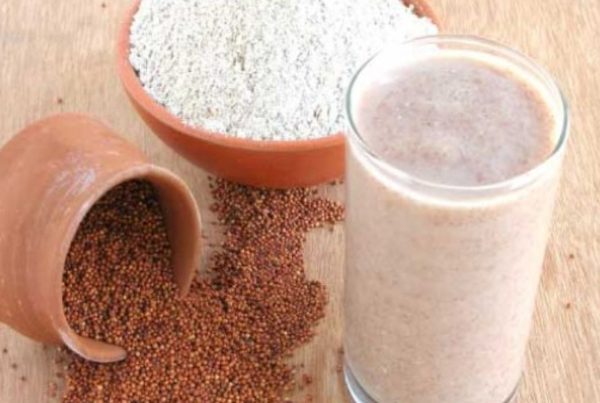The scenario of Autism patients
A number of patients suffering from Autism are quite alarming. Most of them are children. About 3 million people are suffering from Autism in India. The prevalence of Autism is 1 in 125 in children between 3-6 years and 1 in 85 in children between 6-9 years of age. The scenario is quite slim with the percentage of autism patients increasing steadily in the entire world. This steady increase is attributed to the increase in prevalence cannot be ruled out, especially because advanced parental age at conception and perinatal risk factors like prematurity and high-risk infant survival have increased over the years.
Responsibility of parents
Since most of the Autism patients are small children, the responsibility of their well – being lies with the parents rather than the patient himself. It is very important for the parents to take special care of their autistic children and pregnant women to take precautions during the pregnancy. Various treatments are available for the same. Along with treatment, a balanced and nutritious diet could help in managing Autistic patients. Maintaining a nutritious diet for autistic patients and pregnant women is an added task and sometimes is a difficult challenge to overcome. One needs to spend more time and efforts in planning and making these dietary foods for the patients.
Is Gluten-free diet useful for Autism patients?
A nutritious, balanced diet is one of the non-specific treatments which are useful in managing Autism disorder. It is observed that Gluten containing products may lead to unnecessary complications in the Autism patients. Gluten is like an allergen and triggers damage of the small intestinal lining. It may also cause discomfort in the stomach like diarrhea, bloating, abdominal pain to name a few of them. Damage to the lining may also cause hindrance in the absorption of essential nutrition to form the consumed foodstuff. The hindered absorption would cause nutritional efficiencies and increasingly affects the normal growth and development in the Autistic patients.
A gluten-free diet could be beneficial for autism patients. The basis for using Gluten free diet for Autism Patients lies in the fact that these patients are highly sensitive and allergic to a large number of products and Gluten could be one of them. A gluten-free diet could help the patients avoid these allergens. Avoiding allergens like Gluten could also reduce the discomfort caused by Gluten products like bloating, nausea, inflammation of the small intestine and reduced nutrient absorption.
Which Gluten-free products would be helpful?
Millet products like Sorghum (Jowar) Flakes and Pearl Millet (Bajra) Flakes could be one of the wholesome and scrumptious substitutes for Autism patients. These Millet products, low sugar, and high fibre products are advantageous due to no Gluten, low sugar and high fibre content. These Gluten-free products are grown using traditional farming methodology and minimal processing. Ancient grains are known to be most suitable for long term health benefits. Autism patients and pregnant women could reap the benefits of a balanced, nutritious yet sumptuous meal by switching to a Gluten free diet.
Diet for autistic children and women could include gluten free casein free diet. Various food for autistic children could be prepared very easily and in less time from Millet products like Sorghum (Jowar) Flakes and Pearl Millet (Bajra) Flakes. A well – balanced diet for an autistic child is important for normal growth and development of the patient. Snacks made these gluten-free products forms a nutrition rich diet for autistic children.
Switching to a gluten-free diet will bring back a healthy life!






